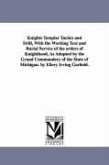The mining boom that began in northern Mexico in the 1890s set in motion fundamental social change. On the one hand it uprooted many workers, and the concerns of government officials, middle-class, reformers, and company managers coalesced into laws and programs to control the restless masses. But changes in the mining economy and political culture also precipitated class consciousness among merchants and artisans as well as skilled and unskilled workers. This study of the Hidalgo mining district in Chihuahua from the 1890s to the 1920s examines class formation, in particular its relation to social control, popular values, and pre-industrial traditions. In arguing that class identity stemmed less from the nature of one's work than from the beliefs one held, this work brings together the disparate themes of moral economy of mine workers, new mining technology, and the management policy of mine owners during the Mexican Revolution.
Hinweis: Dieser Artikel kann nur an eine deutsche Lieferadresse ausgeliefert werden.
Hinweis: Dieser Artikel kann nur an eine deutsche Lieferadresse ausgeliefert werden.

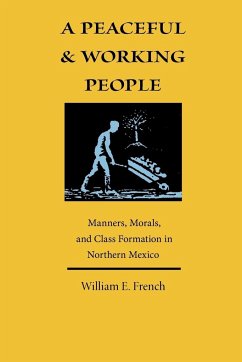
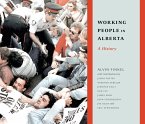
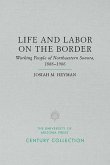
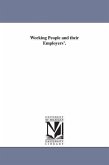
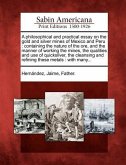
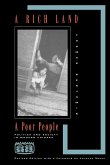
![By-laws of Royal Lodge No. 6, Knights of Pythias [microform]: Subordinate to and Working Under the Grand Lodge of British Columbia By-laws of Royal Lodge No. 6, Knights of Pythias [microform]: Subordinate to and Working Under the Grand Lodge of British Columbia](https://bilder.buecher.de/produkte/65/65505/65505053m.jpg)
